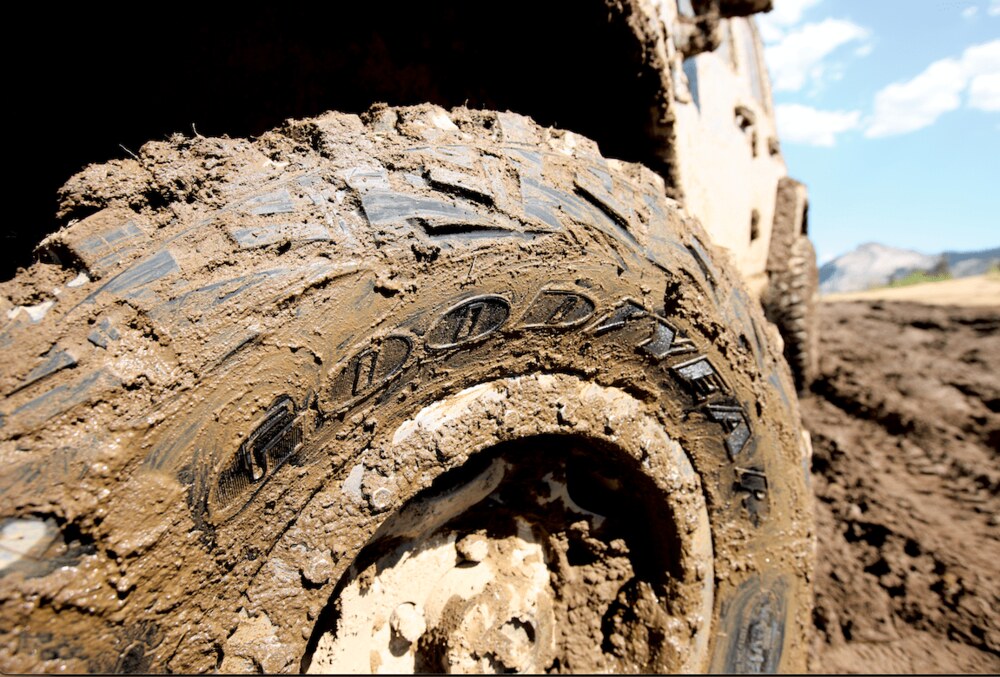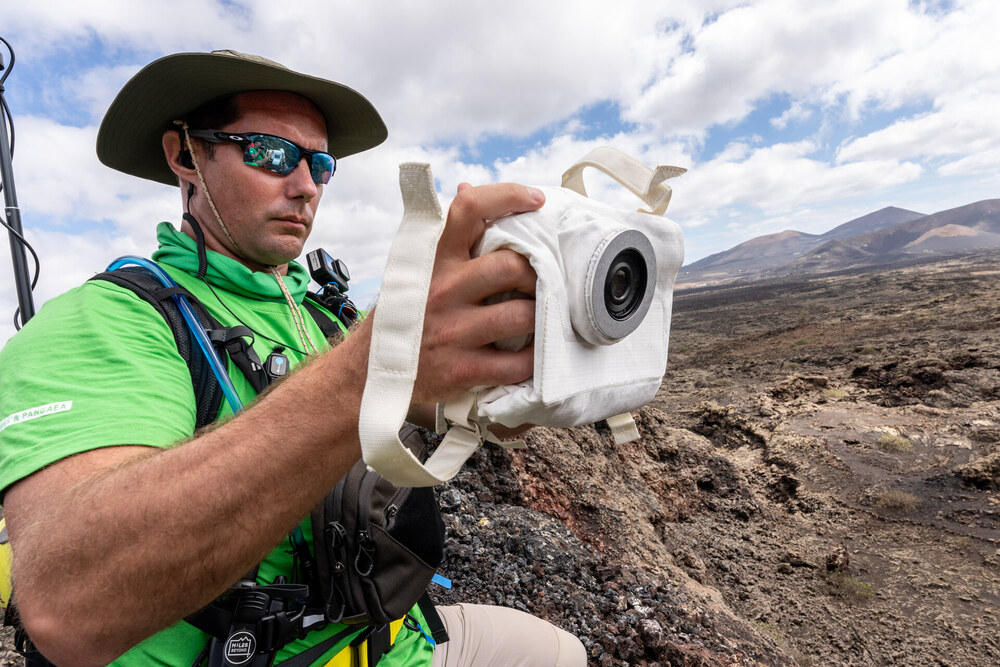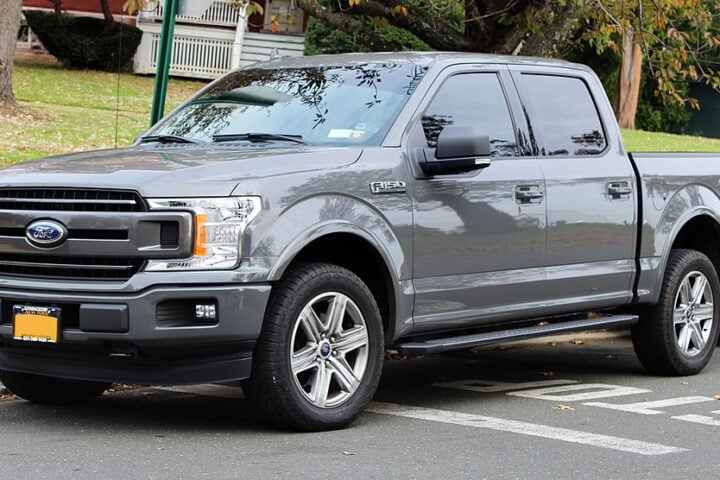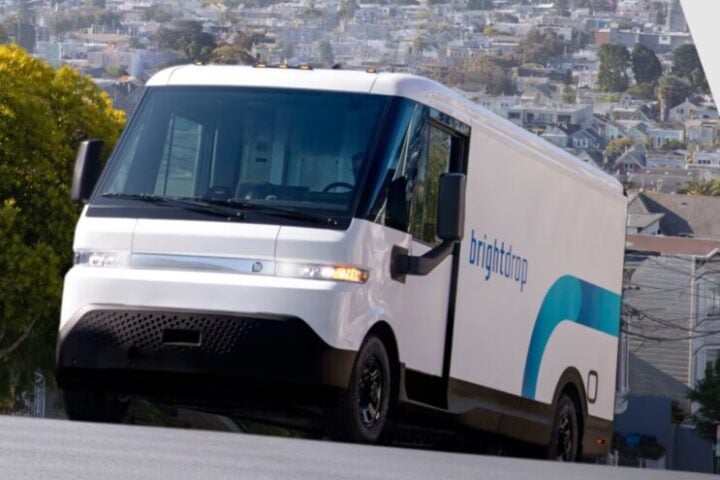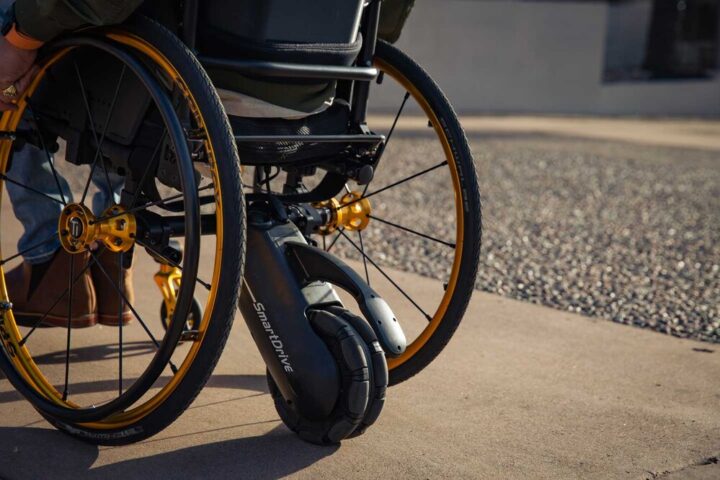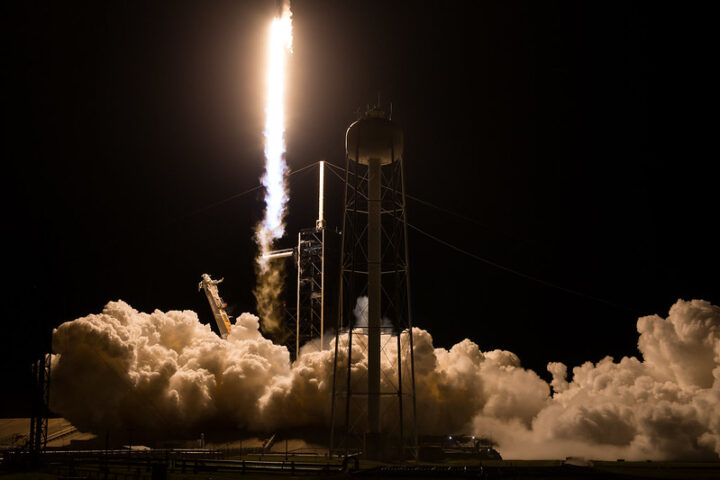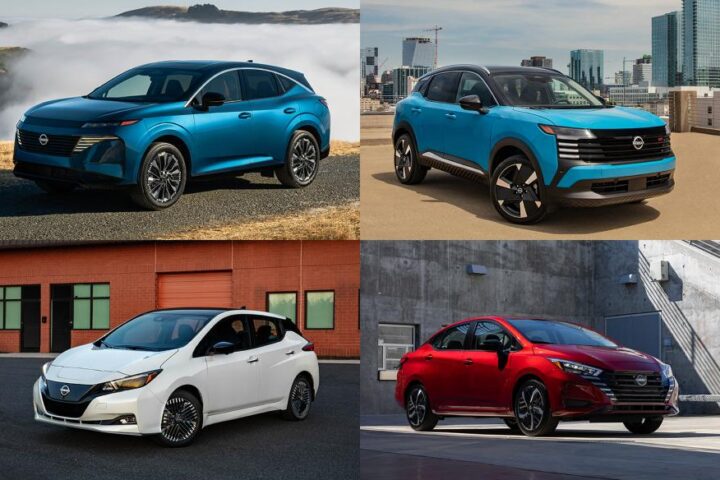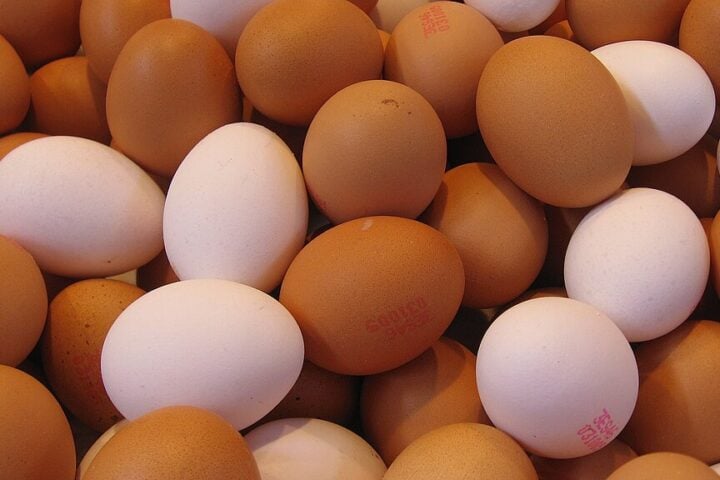In the tire industry, the quest for sustainable materials isn’t just a trend; it’s a necessity. Goodyear, a global tire manufacturing leader, and Visolis, a trailblazer in sustainable technology, have teamed up to produce isoprene by upcycling biobased materials. This initiative is backed by a Small Business Innovation Research (SBIR) grant awarded to Visolis.
Isoprene, crucial for certain synthetic rubbers, is conventionally derived as a by-product of crude oil refining. Through polymerization, isoprene units form polyisoprene, a foundational material for tire production.
This collaboration aims to tap into Visolis’ tech prowess to produce top-tier isoprene from lignocellulosic feedstocks, essentially non-edible biomass and agricultural residues. Visolis’ preliminary carbon footprint analysis showcases the eco-friendly potential of their process, a commitment they’ll further explore with Goodyear.
“We are excited to collaborate with Goodyear and leverage our revolutionary technology to transform waste materials into valuable monomers. This partnership is a testament to our shared commitment to sustainable practices and the development of advanced materials that drive positive change.”
– Dr. Deepak Dugar, Visolis’ CEO.
“We believe that innovation and collaboration is key to making progress along our sustainability journey and helping us achieve our goals, including net-zero value chain emissions by 2050. By working with companies like Visolis, we are able to continue to learn, innovate and help build a better future.”
– Chris Helsel, senior vice president, Global Operations and Chief Technology Officer, Goodyear.
Goodyear’s dedication to sustainability is evident. They’re on a mission to discover sustainable material alternatives that uphold their rigorous quality and safety benchmarks. A shining example is their recent unveiling of a 90% sustainable-material demo tire. Plus, they’re gearing up to launch a tire with up to 70% sustainable materials this year.
A Dive into Goodyear’s Green Initiatives
Goodyear’s commitment to a greener future isn’t new. Their “Goodyear Better Future” framework emphasizes high-priority environmental and social sustainability topics. In 2022, they revamped their materiality assessment, considering both the climate’s impact on Goodyear and vice versa. This comprehensive assessment scrutinizes the company’s entire value chain and product range.
Their sustainability pillars, namely Sustainable Sourcing, Responsible Operations, Advanced Mobility, and Inspiring Culture, remain their guiding light. In 2022, Goodyear achieved 34% renewable electricity in global manufacturing facilities and hit 100% in their EMEA facilities.
Moreover, in December 2021, Goodyear declared their climate ambition, targeting net-zero for certain greenhouse gas emissions by 2050. They’ve also pledged to use 100% renewable electricity in all manufacturing hubs by 2030 and to craft a tire from 100% sustainable materials by the same year.
Wrapping Up
The Goodyear-Visolis partnership signifies more than a business alliance; it’s a beacon for the tire industry, showcasing the potential of sustainable innovation. Their combined expertise and shared vision for eco-friendliness could set new industry standards, pushing the boundaries of what’s possible in the realm of sustainable tire production.
